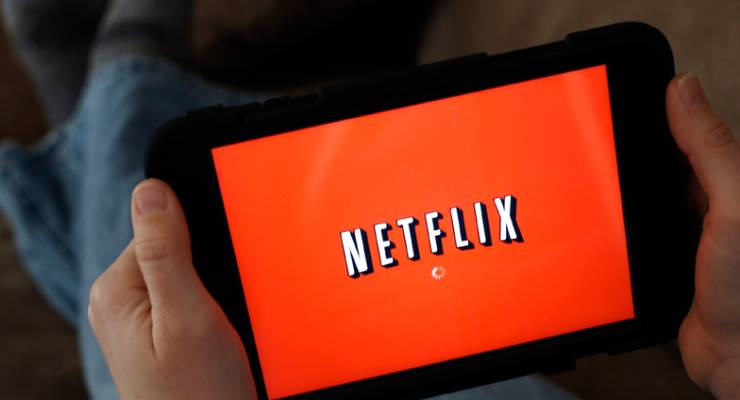
Australians are illegally downloading much less content than they used to — but it has nothing to do with laws to block piracy websites. Enter Netflix.
The results of a Communications Department survey published on Monday show that when given the option of timely legal content, Australians will pay for what they watch. They survey was conducted during a couple of weeks in March this year, mostly through online interviews with 2405 people over 12 years old.
The number of Australians accessing infringing films, TV shows and music from piracy sites dropped in the first three months of this year compared to the same period in 2015 from 26% to 23%. Just 6% of people exclusively consume content this way.
Although 39% of Australians illegally downloaded a film in the first three months of the year, that number has dropped significantly from the 48% result last year. The number of Australians illegally downloading TV shows also declined, from 33% to 26%.
The report found that this coincided with a rise in the use of streaming services. While there was a noticeable decline in people using YouTube or buying TV shows and films from iTunes, Netflix had shot up in popularity, from 9% to 27% this year. Other streaming services like Stan, and Foxtel Play were also increasingly popular.
The first survey was conducted around the time of the launch of Netflix and its rivals in the first half of 2015.
Half of those who switched to streaming services said they were now more convenient. A total of 43% of those who pirated content said they would stop if it were more affordable to buy legitimate content, and 35% of people who would stop if content were made available in Australia at the same time as it was made available everywhere else.
The report noted that all of the government’s moves to limit piracy, which it pursued with such vigour in the first two years of the Abbott government — such as the site-blocking bill and the failed attempt at a notice scheme to require internet service providers to warn infringers to stop — had no impact on the results because they hadn’t yet been used to stop piracy.
There have been several court cases filed seeking to block piracy websites — including some that have been taken down already by international law enforcement — but no judgment has yet been handed down in any of the cases so far.
Attempts to force ISPs to send notices to customers who illegally download content have so far gone nowhere.








Give the public quality at a reasonable price and they will buy! Australians have for years paid far above the international average for their telephony, cable & online services. Living in a rural area (and my wife and son being sport jocks) I pay well over $100/month for foxtel. I pay well over $100/month for ADSL internet. I’ve long come to realise that corporations will charge whatever the market will bear without any regard for the society they reside in. I had no shame whatsoever in downloading for free whatever my family wanted when local online services were charging up to $10/movie to watch on our smart TV. Even now with the advent of Netflix, you have to subscribe to Netflix & 2 additional local services at around $10 each to get the equivalent of Netflix US, but luckily I can subscribe to a $3/month anti-geoblocking service to get access to Netflix US (and all other countries) as well as HULU, BBC and many other services. Our pirating days might be over, but as soon as we can access sport and lifestyle shows cheaply online we’ll be able to get rid of foxtel as well, especially as I now find that the Foxtel Go app won’t run on the new Macs.
Let me tell you what a lie it is to call downloading ”piracy” and why the companies are lying us all.
Back in the days of cassettes and recorders they jumped up and down like lunatics calling it piracy and trying to stop cassettes and recorders. It was so ridiculous cassette player makers made double cassette players so we could swap cassette music around. The outrage subsided.
The same happened when video recorders were invented, all the big players whinged endlessly about people recording tv shows from TV and not buying the expensive tapes. That died down so much TV’s have built in direct record to portable hard drives.
People learnt how to rip CD’s and DVD’s so the programs are now written into computer programs.
It’s time the lie of pirating was stomped on the head, it’s as ridiculous as all the lies told in my lifetime.
Netflix Australia is actually pretty awful. If I didn’t have an anti-geoblocking service I would have ditched it long ago.